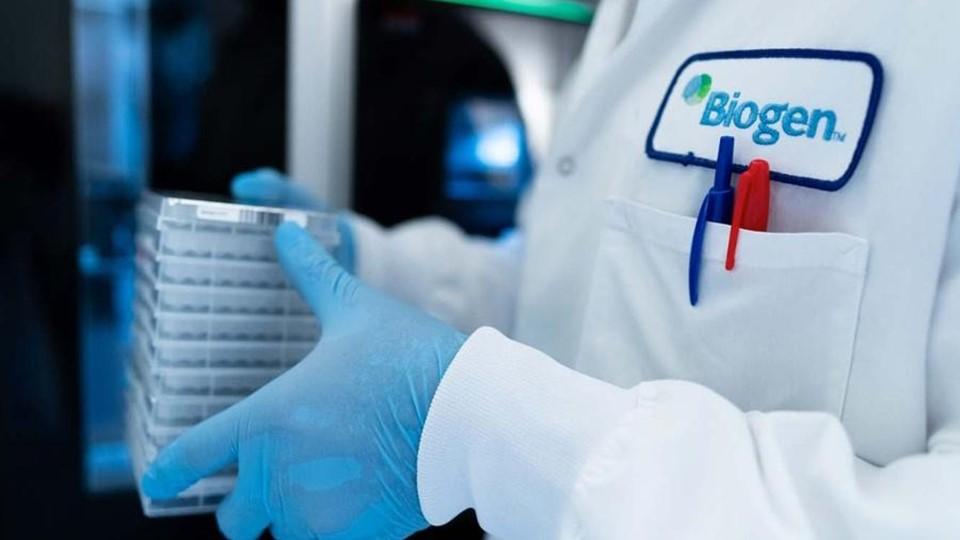Biogen go quantum to speed up drug development

Biogen is to call on the cutting-edge world of quantum computing to help speed up drug discovery.
Quantum technology is one of the most exciting emerging developments in computing, and harnesses insights from quantum physics to make computers much faster and much more efficient than existing models.
Computer-aided drug discovery and drug design have been around for decades, but quantum computing could transform this process: Google conducted a comparative test last year in which its D-Wave quantum computer solved certain problems 100 million times faster than a classical computer.
Drug discovery and material sciences are seen as being key areas which could benefit from the exponential potential of these machines.
Built in partnership with Accenture Labs and quantum software firm 1QBit, Biogen's software could help discover new drugs for complex neurological conditions like multiple sclerosis, Alzheimer’s, Parkinson’s, and Lou Gehrig’s disease.
Currently, new therapies can often take more than 10 years and billions of dollars to bring to market. Part of the issue lies in early-phase drug design and discovery which requires testing of multiple molecules before anything can be taken forward to later developmental stages.
Pharmaceutical companies have tried to remedy the situation using computing programs that infer matching traits between molecules. This technology can run millions of comparisons but is limited by molecule size.
So far unnamed, the application enhances these methods using an algorithm that provides deeper insights into how, where and why certain molecules match, as well as comparing larger molecules.
These insights can help researchers better predict the potential positive effects and side-effects of a new molecule. New drug candidates can then be discovered faster and in a more cost-effective fashion.
“At Biogen, we’re always looking to harness cutting-edge technologies that push the boundaries of traditional pharmaceutical research to discover new treatments and cures for complex neuroinflammatory and neurodegenerative conditions,” said Govinda Bhisetti, Head of Computational Chemistry at Biogen. “Collaborating with researchers at Accenture Labs and 1QBit made it possible to rapidly pilot and deploy a quantum-enabled application that has the potential to enable us to bring medicines to people faster.”
Alzheimer’s disease
For Biogen, the technology could help with its ambitions to develop novel neurological disease candidates. The company placed big bets on its Alzheimer’s drug aducanumab which has so far achieved some success. Biogen is now taking the drug to phase 3 trials.
Other candidates from big-named competitors have failed to impress in Alzheimer’s – most notably Lilly’s solanezumab. The drug failed in a third phase 3 trial this past December, leading the company to abandon any further development.
Whichever company can discover an effective Alzheimer’s drug will be looking at monumental financial success. In the US alone, more than 5 million people live with the condition. By 2050, the number is expected to rise to around 16 million.












